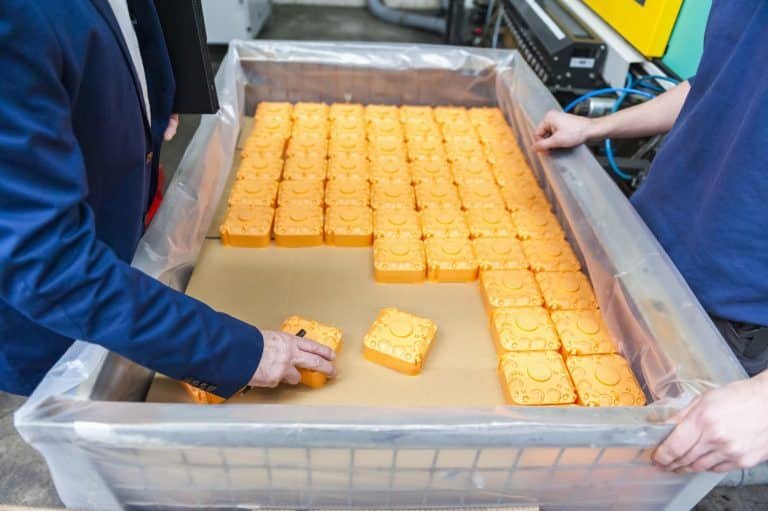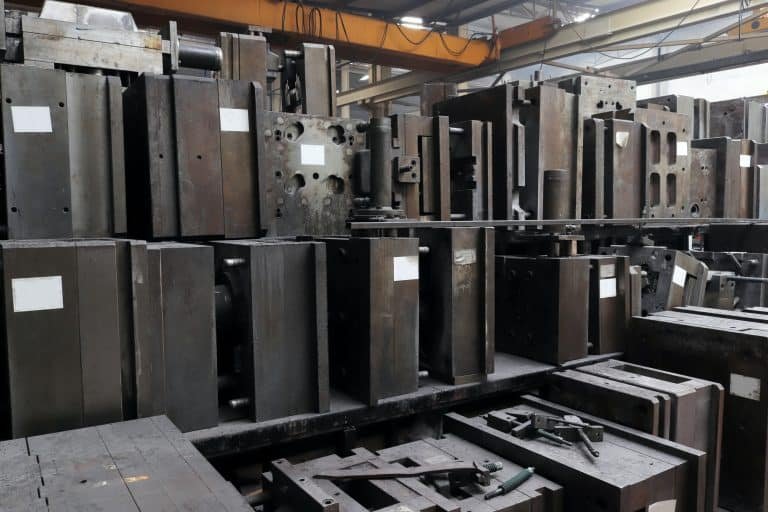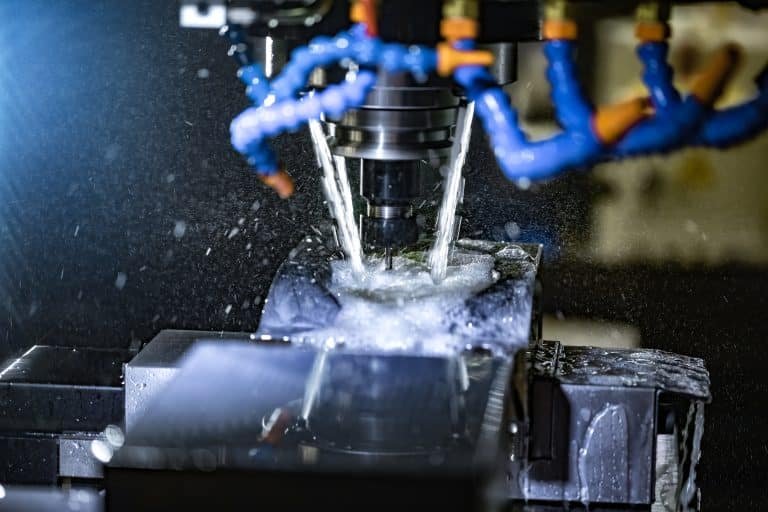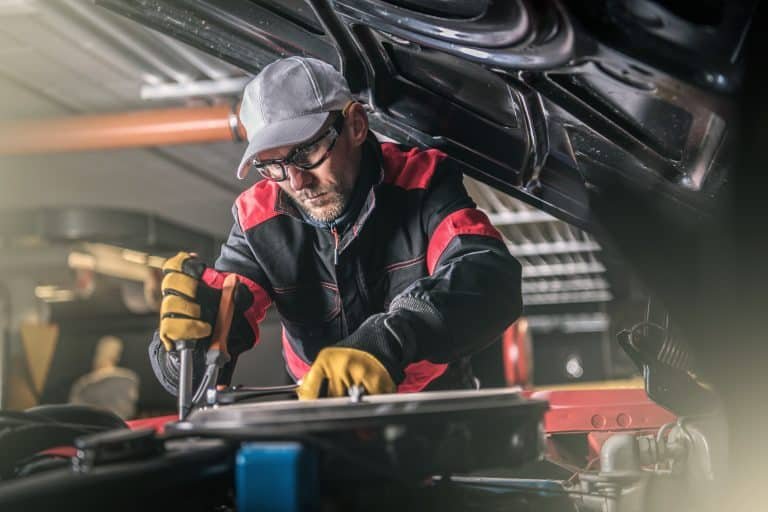Introduction
Quality control in CNC machining is critical to maintaining high standards of accuracy, durability, and overall product integrity. Rigorous quality control ensures that each product can meet or exceed customer expectations, whether a complex part for space engineering or a robust part for automotive applications. In this article, we’ll explore good practices for various quality control countermeasures commonly used in CNC machining to ensure the highest accuracy and reliability.
Mastering Quality Control in CNC Machining
Quality control in CNC machining involves a systematic approach to checking and verifying that all stages of the production process meet the specifications ordered. This includes everything from material type and machine calibration to final product inspection. The goal is to minimize errors, prevent waste, and ensure the finished product meets tight tolerances and specifications.
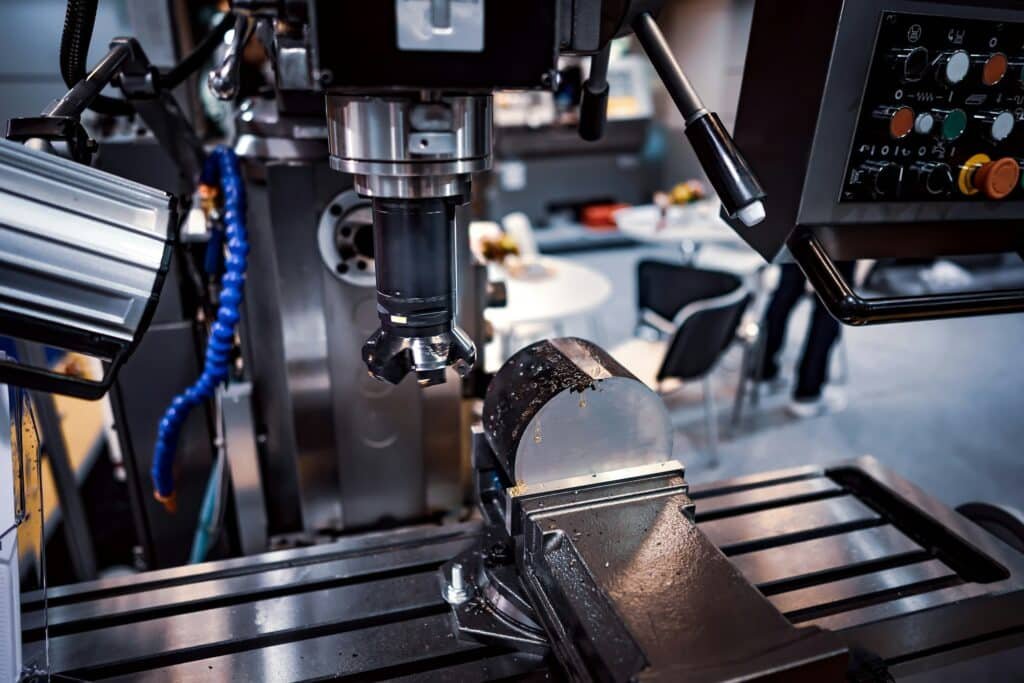
Key Measures of Quality Control in CNC Machining
1. Material Verification
Before any machining process begins, it’s crucial to verify that the raw materials meet the required specifications. Material verification ensures that the metals, plastics, or composites used have the right properties, such as strength, hardness, and thermal resistance, to withstand the intended application. This step helps prevent defects that could arise from using substandard materials.
2. Machine Calibration and Maintenance
CNC machines are precision instruments that require regular calibration and maintenance to operate at optimal performance. Calibration involves adjusting the machine settings to ensure accuracy in dimensions and alignment. Routine maintenance, such as checking the spindle, replacing worn-out parts, and ensuring proper lubrication, prevents machine errors that could compromise product quality.
3. In-Process Monitoring
In-process monitoring is a continuous quality control measure that involves checking the machining process in real time. Advanced CNC systems are equipped with sensors and software that monitor factors such as tool wear, vibration, and temperature. This data is analyzed to detect any deviations from the expected performance, allowing for immediate corrective actions to be taken, and reducing the risk of producing defective parts.
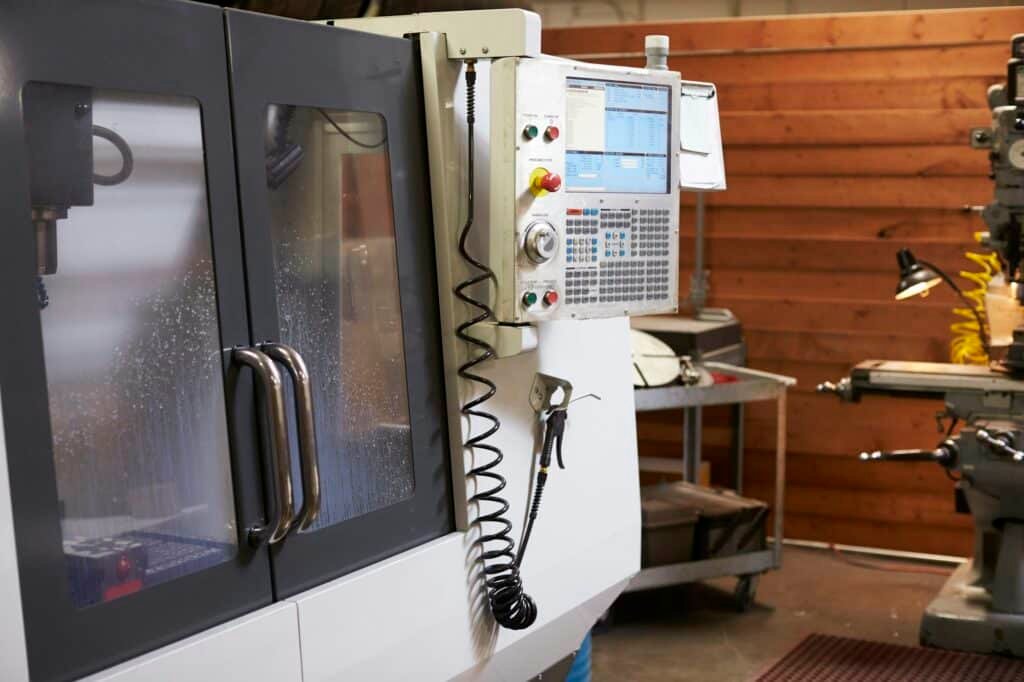
4. Dimensional Inspection
Dimensional inspection is a critical quality control step that ensures the machined parts meet the specified tolerances. This process involves using precise measurement tools like calipers, micrometers, and coordinate measuring machines (CMMs) to verify the dimensions of the parts. Any deviations from the set tolerances are flagged for correction, ensuring consistency across all produced components.
5. Surface Finish Inspection
The surface gloss of a machined part can have a significant impact on its characteristics, especially in applications with high friction, wear, or aesthetic regulations. Surface finish checking examines irregularities such as roughness, burrs, or surface deviations. Advanced technologies such as laser scanning and optical gallery profiling can be used to measure surface quality and ensure that the criteria for conditions are met.
6. Final Product Testing
Before a product is shipped to the customer, it undergoes final testing to verify its functionality and performance. This may include stress testing, load testing, or other application-specific tests that simulate the conditions under which the part will be used. Final testing is the last checkpoint to ensure that the product is fully compliant with the customer’s requirements.
Best Practices for Quality Control in CNC Machining
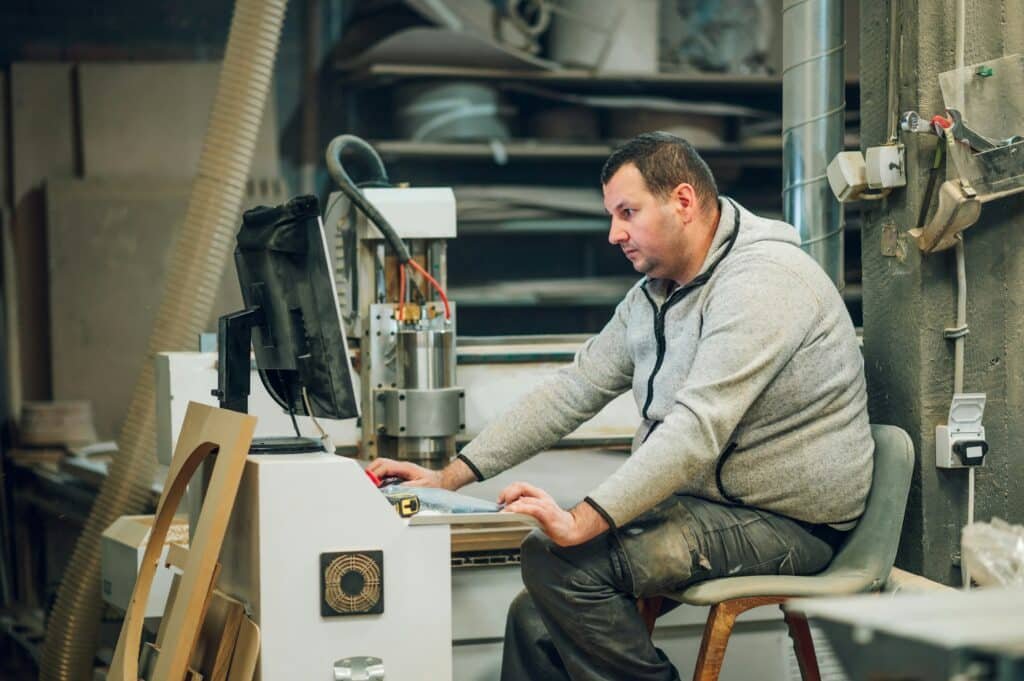
1. Implementing a Quality Management System (QMS)
A robust Quality Management System (QMS) such as ISO 9001 helps standardize processes and provides a framework for continuous improvement. A QMS ensures that all employees follow established procedures, which helps maintain consistency and reduces variability in production.
2. Training and Skill Development
Operators and technicians play a crucial role in ensuring quality control. Regular training and skill development programs help them stay updated with the latest technologies, techniques, and best practices. Skilled operators are better equipped to identify and address potential issues before they affect the final product.
3. Investing in Advanced Technologies
Investing in advanced CNC machines and quality control tools enhances the precision and reliability of the machining process. Technologies like 5-axis CNC machines, automated inspection systems, and real-time data analytics can significantly improve quality control by reducing human error and increasing accuracy.
4. Continuous Improvement and Feedback Loops
Quality control is not a one-time process but a continuous effort to improve and adapt. Implementing feedback loops where data from inspections and testing is analyzed can help identify areas for improvement. Continuous improvement strategies like Six Sigma or Lean Manufacturing can be integrated into the production process to minimize waste and enhance quality.
10 Key FAQs for Quality Control in CNC Machining
1. How does CAD/CAM software enhance quality control in CNC machining?
CAD/CAM systems automate toolpath optimization, reducing human error and ensuring ±0.005mm tolerances. Real-time simulations detect collisions and material stress, cutting defect rates by 20–30%.
2. What certifications are essential for CNC machining quality control?
Suppliers should hold ISO 9001 (quality management), AS9100 (aerospace), and ISO 13485 (medical devices). For CAD/CAM integration, verify software-specific certifications (e.g., Mastercam Certification).
3. What tools are used to measure precision in CNC-machined parts?
- CMM (Coordinate Measuring Machine): For 3D dimensional analysis (±0.001mm accuracy).
- Optical comparators: Verify surface finish (Ra ≤0.8µm).
- Laser scanners: Capture complex geometries for CAD/CAM validation.
4. How do suppliers ensure material consistency in CNC machining?
- Certified Material Test Reports (CMTRs) for traceability.
- Spectrometer testing: Verify alloy composition (e.g., 316L stainless steel).
- Batch sampling: Inspect 10–20% of raw material lots.
5. What role does CAD/CAM play in defect prevention?
CAD/CAM software predicts tool wear, optimizes feed rates, and simulates machining outcomes, reducing scrap rates by 15–25%. Features like adaptive toolpaths prevent overheating and material deformation.
6. How are tolerances maintained in high-volume CNC production?
- Statistical Process Control (SPC): Monitors machining parameters (e.g., spindle speed, coolant flow).
- Automated inspection systems: 100% critical dimension checks for medical/aerospace parts.
7. What are common quality risks in CNC machining, and how are they mitigated?
- Tool deflection: Compensated via CAD/CAM’s tool pressure monitoring.
- Surface roughness: Controlled through post-processing (e.g., electropolishing).
- Thermal distortion: Managed with coolant optimization and low-stress clamping.
8. How do suppliers handle non-conforming parts in CNC workflows?
- Root Cause Analysis (RCA): Identify errors in CAD models or toolpaths.
- Re-machining or scrap protocols: Align with ISO 9001 non-conformance guidelines.
9. What training is required for quality control technicians in CNC machining?
Technicians need GD&T (Geometric Dimensioning & Tolerancing) certification, CMM programming skills, and proficiency in CAD/CAM software (e.g., SolidWorks CAM).
10. How does automated quality control improve cost efficiency?
- Reduced labor costs: Automated CMMs cut inspection time by 50–70%.
- Faster feedback loops: Real-time CAD/CAM adjustments minimize downtime.
- Warranty savings: Consistent quality lowers post-sale defect claims.
Conclusion
Quality control in CNC machining is essential to ensuring that the final products meet the highest standards of precision, durability, and functionality. By implementing stringent quality control measures and adopting best practices, manufacturers can produce components that consistently meet or exceed customer expectations.
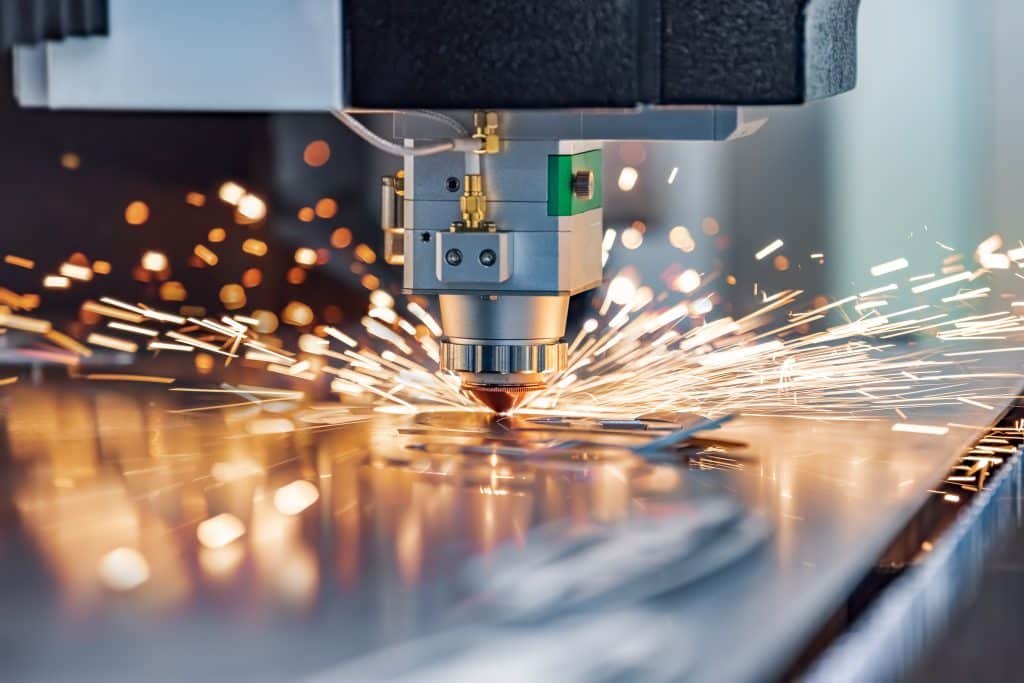
About BFY Mold Manufacturing
At BFY Mold, we specialize in providing high-quality injection molding and mold manufacturing services, mass production, on-demand production, CNC machining, and mirror spark. With our state-of-the-art factory and a commitment to precision and excellence, we ensure that every product meets the highest standards of quality. Whether you need custom parts or large-scale production, our experienced team is here to deliver solutions that exceed your expectations.






